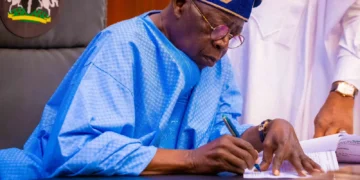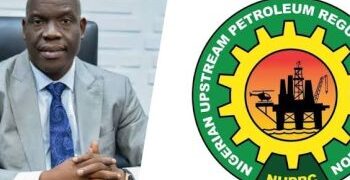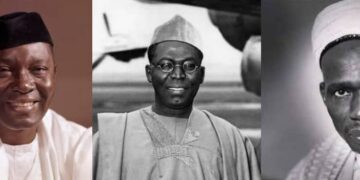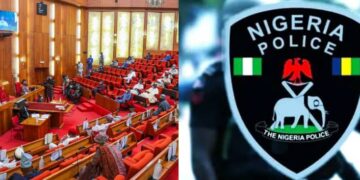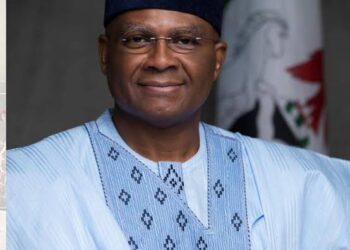NUPRC RECEIVES GROUNDBREAKING ENGINEERING AUDIT OF OIL AND GAS MEASUREMENT SYSTEMS
Safeguarding Nigeria’s commonwealth and enforcing accountability in the oil and gas sector has been a top priority for the Nigerian Upstream Petroleum Regulatory Commission (NUPRC).
In line with this commitment, the Commission has received the Engineering Audit of Upstream Measurement Equipment and Facilities in the Nigerian Oil and Gas Industry end–of–project report from PE Energy.
The NURPC Corporate affairs said this was approved by the Federal Executive Council (FEC) in 2024, adding that “this report is a significant step toward improving hydrocarbon measurement and accountability, essential for ensuring optimal revenue collection within Nigeria’s oil and gas sector”.
As mandated by the Petroleum Industry Act (PIA) 2021, the NUPRC is tasked with ensuring that hydrocarbon resources are accurately measured and reported.
According to NURPC “the audit has helped in conducting a gap analysis, delivering a verified baseline inventory of all measurement points and implementing a competency transfer programme for the Commission toward reshaping regulatory culture in the upstream sector.
“Areas covered by the audit include on-site inspections and evaluations of all upstream metering systems, documentation of both current and ideal measurement points as defined by the PIA, development of intervention strategies ranging from equipment upgrades to new installations, and advisory services to optimise measurement in areas with limited metering infrastructure”.
The audit initiative, according to the Chairman of PE Energy, Daere Akobo, “is a critical pillar in Nigeria’s broader reform agenda for the oil and gas sector. It seeks to overhaul how oil production is measured and monitored, sending a clear message that a new era under the Petroleum Industry Act has begun, where accuracy, accountability, and transparency are non-negotiable”.
The NUPRC Chief Executive, Engr. Gbenga Komolafe, who was excited about the development, noted that the results would redefine how Nigeria manages and monetises its most vital natural resource, and pledged to ensure that the recommendations are fully implemented.
Ends


